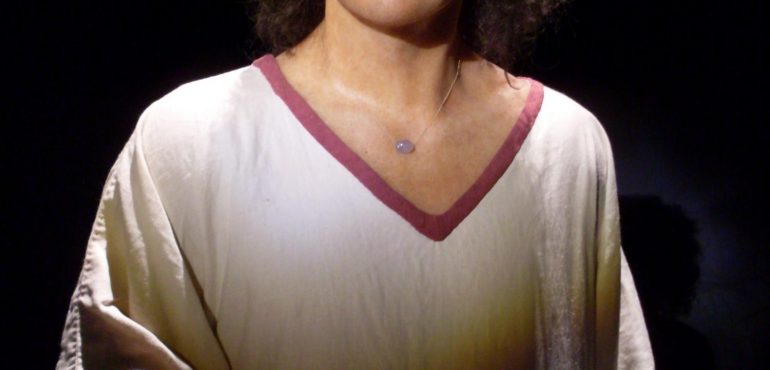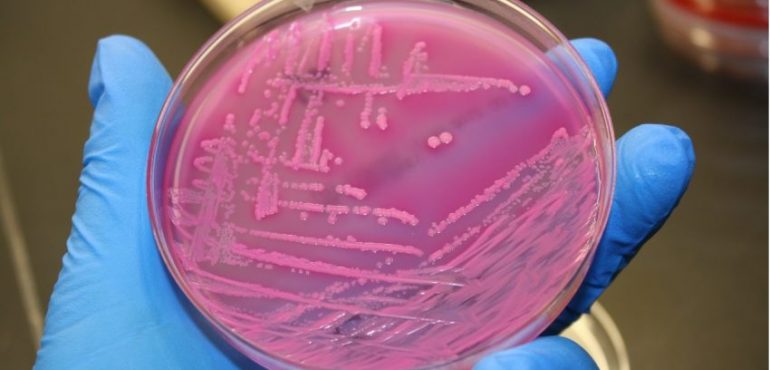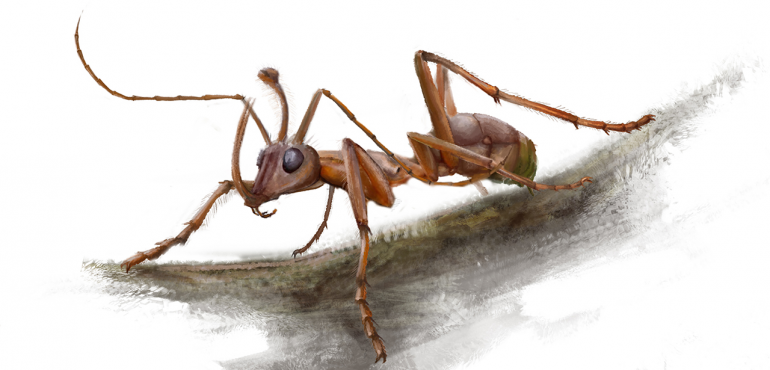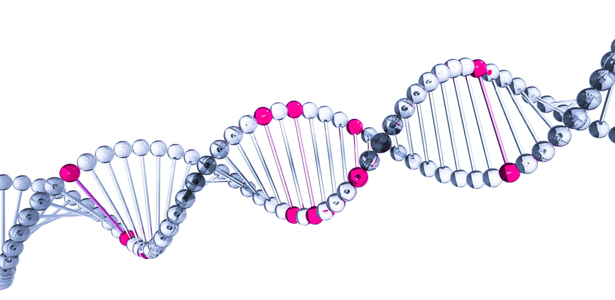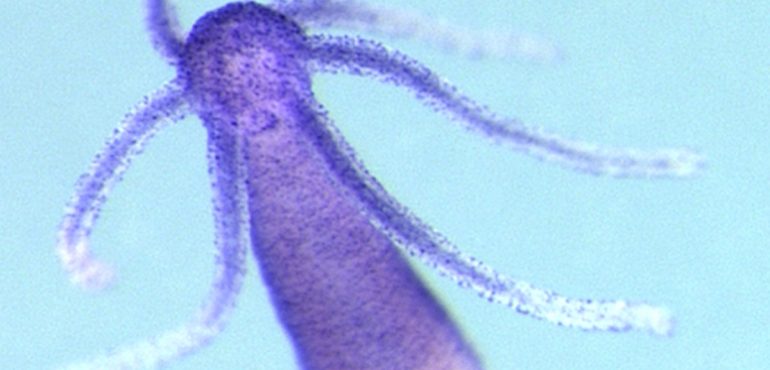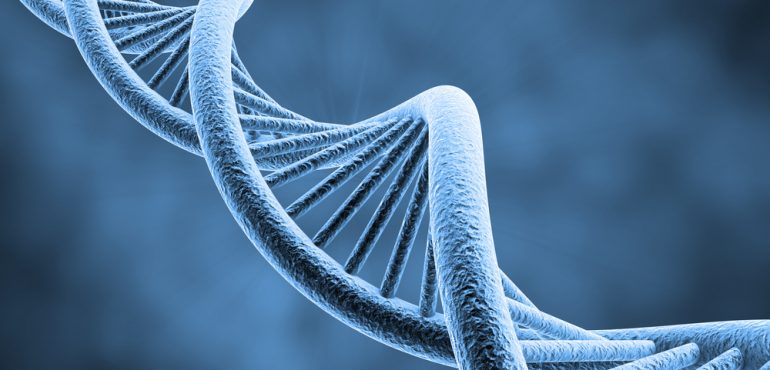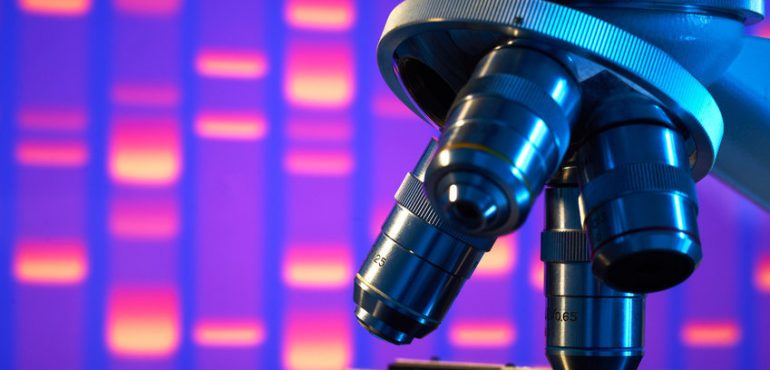Federal scientists released partial findings Friday from a $25-million animal study that tested the possibility of links between cancer and chronic exposure to the type of radiation emitted from cell phones and wireless devices. The findings, which chronicle an unprecedented number of rodents subjected to a lifetime of electromagnetic radiation starting in utero, present some…
Read more
Major Cell Phone Radiation Study Reignites Cancer Questions


